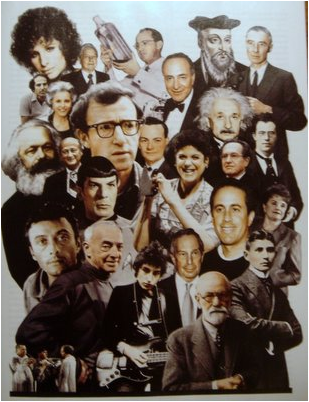 There are many lessons that I have learned in my adult life. One of them had to do with saying, “I don’t know.” Who knows why this was so difficult? I just know that years went by after I got married and my wife swears that she never heard those words from me.
There are many lessons that I have learned in my adult life. One of them had to do with saying, “I don’t know.” Who knows why this was so difficult? I just know that years went by after I got married and my wife swears that she never heard those words from me.
“Where is the place that we are going?” she would ask. My answer was always, “Don’t worry, we’ll find it.” My motto was that we weren’t lost until we ran out of gas. (Note: If you have the same motto, always leave home with a full tank.)
Well, the cure for my malady was children. We have two and they are questioning machines.
“Dad, how much does that building weigh?”
“Daddy, is a gazelle faster than a horse? Which one is taller? Which one lives longer?”
“Dad, who was the best baseball player ever? Who was the second best? …”
Questions can tumble from their mouths faster than water goes over Niagara Falls. There is no defense except to admit the obvious – I don’t know. (Perhaps I know a few things. I am pretty sure that a horse is usually taller than a gazelle.)
It occurs to me that we learn a lot about life and business from the questions that are asked. Sometimes we also learn from the questions that are not asked. Of course we learn from the answers. How an organization deals with questions, answers and change say a lot about them.
What can you learn about a business by their competitive intelligence questions? Here are some ideas.
 Certainty is a virtue, isn’t it?
Certainty is a virtue, isn’t it?  Some people just have “It.” When there is a crowd, they still are able to be noticed. People want to hear what they have to say and their opinions seem to matter more. From the outside, it is not always clear just what they have done to earn such esteem. After all, much of what they are saying is no different than what you said or thought months again. Nevertheless, their presence and how it affects others is quite tangible.
Some people just have “It.” When there is a crowd, they still are able to be noticed. People want to hear what they have to say and their opinions seem to matter more. From the outside, it is not always clear just what they have done to earn such esteem. After all, much of what they are saying is no different than what you said or thought months again. Nevertheless, their presence and how it affects others is quite tangible. I was in sixth grade. This was the first year of school that we changed classes to learn different subjects and we had 6 different teachers (one for each subject). My second period class was English and it was taught by an older woman that inspired fear in all of her students (including me). Luckily, we knew that she could only give us the dreaded homework assignments on the designated “English homework” nights.
I was in sixth grade. This was the first year of school that we changed classes to learn different subjects and we had 6 different teachers (one for each subject). My second period class was English and it was taught by an older woman that inspired fear in all of her students (including me). Luckily, we knew that she could only give us the dreaded homework assignments on the designated “English homework” nights.